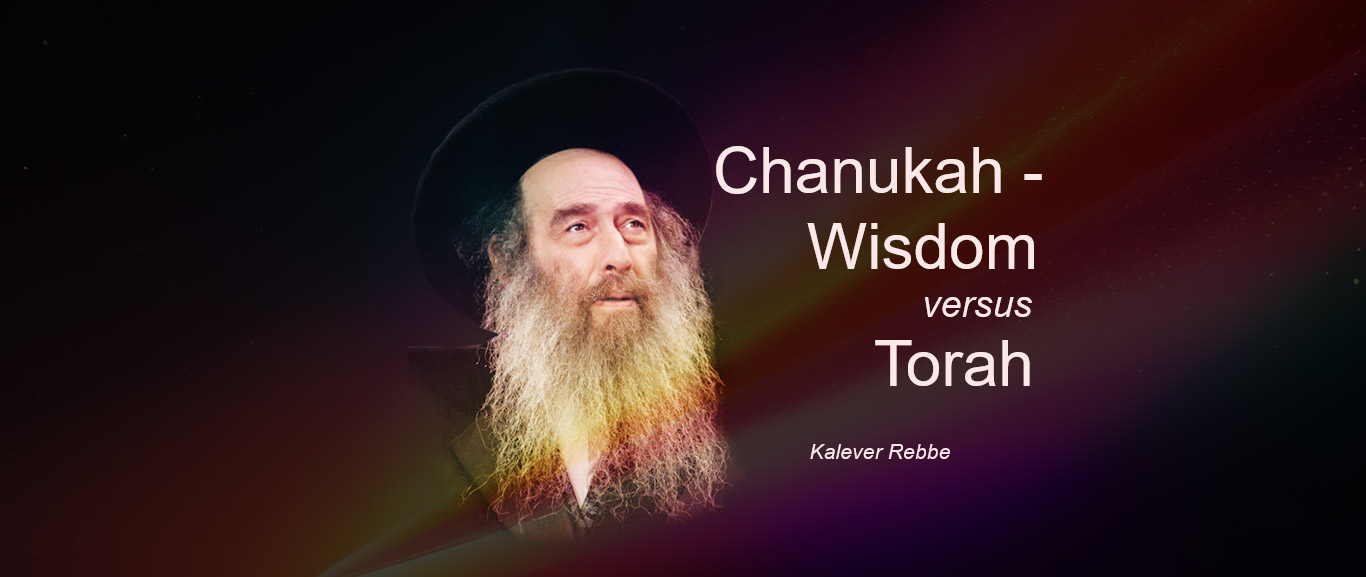
Chanukah – Wisdom versus Torah
Shouldn’t progress in science, education, and equal rights promote a peaceful and harmonious society? Yet, we often see just the opposite! The Kalever Rebbe explains the advantage and beauty of Torah wisdom over secular wisdom.

The Pursuit of Knowledge
A man once told the Kotzker Rebbe, “I have learned the entire Talmud.”
“And what has the Talmud learned [taught] you?” responded the Rebbe.
The Kotzker Rebbe’s words serve as a reminder and a guiding light for every yid. Every aspect of Torah study must be applied to a Jew’s daily life changing his behaviors.
The secular world views knowledge differently. People may study to earn a degree or achieve higher grades in school. However, very few people in the world sincerely learn with the intent to improve themselves.
I am Not the Philosopher
There is a story about the Greek philosopher Aristotle. Once, his students were visiting him and Aristotle was so overcome by his appetite that he grabbed a live rabbit and bit into it, devouring the animal while it was still struggling in his hands.
Shocked, his students asked, “You are Aristotle the great philosopher! Aren’t you the person who teaches us and lectures us about ethics and how a decent and refined person must avoid cruelty to animals? How can you eat a living creature so cruelly?”
Aristotle replied, “If I teach geometry and explain what a triangle is, does that mean I must become a triangle? I am simply teaching and defining a triangle for the students. Similarly, when I explain ethics, I am just teaching what is ‘ethics’”.
And he added, “when I am teaching, I am Aristotle the philosopher. But, when I eat, I am not Aristotle the philosopher. I am just a simple man living according to my own desires.”
An Unenlightened World
Roughly two hundred years ago, the world began a period of enlightenment. There was tremendous progress in science, education, and equal rights. At the time, people believed that these accomplishments would form a new world order of peace, freedom for all, and violence and murders would cease.
However, the opposite was true.
The so-called enlightened 20th century witnessed more violence and murder than all of the previous centuries combined. And Germany, celebrated as the most “advanced” and “civilized” culture, behaved like savage beasts.
The tyrant Hitler, may his name be erased, preached about the importance of good character traits and their positive benefits for humanity. Stalin, may his name also be erased, claimed that the spread of communism would improve the entire world. Yet, when it came to achieving their goals, whether through war or other means, they unleashed an unheard-of destruction; murdering millions of people with such cruelty never experienced in the world.
Even in our times, we often see that certain academic institutions and “modern” and “progressive” organizations, which claim to uphold values of kindness and compassion, turn a blind eye to cruel acts committed by various perpetrators. Sometimes, they even protect or assist these wrongdoers rather than condemn them.
We Accepted the Torah but Not Wisdom
The Torah describes the Jewish people as “you disgraceful and unwise nation.” (Devarim 32:6) Onkelos translates this phrase as “a nation that accepted the Torah but did not become wise.”
The Sar Shalom of Belz explained that all of the secular subjects in the world are called “Chochmah”, wisdom. Their sole purpose is to understand and grasp knowledge and nothing more. However, the Torah is designed to teach the Jewish people how to live their lives. It teaches us how to experience every aspect of our lives: how to walk, how to sit, and to rise in the morning etc. The very name “Torah” means “instruction”. Its main purpose is to teach every person how to live their lives. Therefore, Onkelos explains that we accepted the Torah, but not to become wise. We accepted it as a guide for living, and not as a mere intellectual pursuit.
Wisdom Amongst the Nations
Chazal taught (Eichah Rabbah 2:17): “If they tell you that there is wisdom among the non-Jewish nations, believe it. However, if they tell you that they have Torah, you cannot believe that”.
There is a difference between wisdom and Torah. The idea of “wisdom” refers to learning a subject that does not require you to change your behavior. The non-Jewish nations have that form of wisdom. However, Torah study must impact a person’s behavior. The Torah’s instructions must permeate all aspects of one’s life. And that is not found among the non-Jewish nations.
This same concept can be seen in the life of Yosef HaTzaddik.
He merited studying Torah for its own sake from his father, as it says (Bereishit 37:3), “And Yisroel loved Yosef more than all his sons, because he was the son of his old age.” Rashi explains that Yaakov transmitted all the Torah he had learned from Shem and Eiver to Yosef.
Yosef continued studying while he was in Egypt. This Torah study, which he used as a guide for his behavior, gave him the strength to overcome the temptations of Potiphar’s wife.
Thus, Pharaoh described Yosef saying, “Can we find anyone like this man, one in whom is the spirit of God?” This “spirit of God” refers to the spirit of the words of Torah he learned. This enabled Yosef to withstand the temptations of the Egyptian; a culture defined by promiscuity and depraved morals. In contrast, the wisdom of the Egyptian sages did not help them overcome their own primal desires.
Chanukah
During the times of Chanukah, the Greeks did not oppose the pursuit of Torah study. In fact, they valued wisdom, and they even asked the Jewish sages to translate the Torah into Greek. They also wanted to intellectually pursue Torah study. However, they were opposed to the very concept that differentiates Torah study from any other intellectual pursuit. They wanted to prevent the Jews from connecting their behaviors to their Torah. They wanted the Jews to live their lives chasing their primal desires and study Torah as an unrelated pursuit.
Therefore, in the “Al HaNissim” prayer, we thank Hashem for defeating the Greeks, who sought “to make them forget Your Torah.” The Greeks wanted us to study Torah like any other academic subject. They wanted us to forget the “Torah”, the idea that it is a “guidebook” which Hashem gave us to teach each of us how to fulfill our purpose in this world.
This is the lesson of Chanukah that we must internalize. When governments in certain countries interfere with the curriculum of our educational institutions, our yeshivas, they are trying to equate Torah study with secular studies. When our entire educational system is being challenged, we must remember to follow in the footsteps of the Chasmonaim. We need to encourage yidden to study the Torah in a way that the Torah guides us throughout our lives.
Furthermore, whether studying halachah, mussar (ethics), or any other aspect of Torah, one must protect himself from the Yetzer Harah (evil inclination) who wants you to forget your obligation to apply what you have learned. Instead, one should remember that “study is not the main thing, but action.” It is fitting to follow the Ramban’s advice to his son: “When you rise from the book, search for any way you can put what you have learned into practice.”
In this way, we will merit a life illuminated by the light of Torah.
***
The Kalever Rebbe is the seventh Rebbe of the Kaalov Chasidic dynasty, begun by his ancestor who was born to his previously childless parents after receiving a blessing from the Baal Shem Tov zy”a, and later learned under the Maggid of Mezeritch zt”l. The Rebbe has been involved in outreach for more than 30 years and writes weekly emails on understanding current issues through the Torah. Sign up at www.kaalov.org.


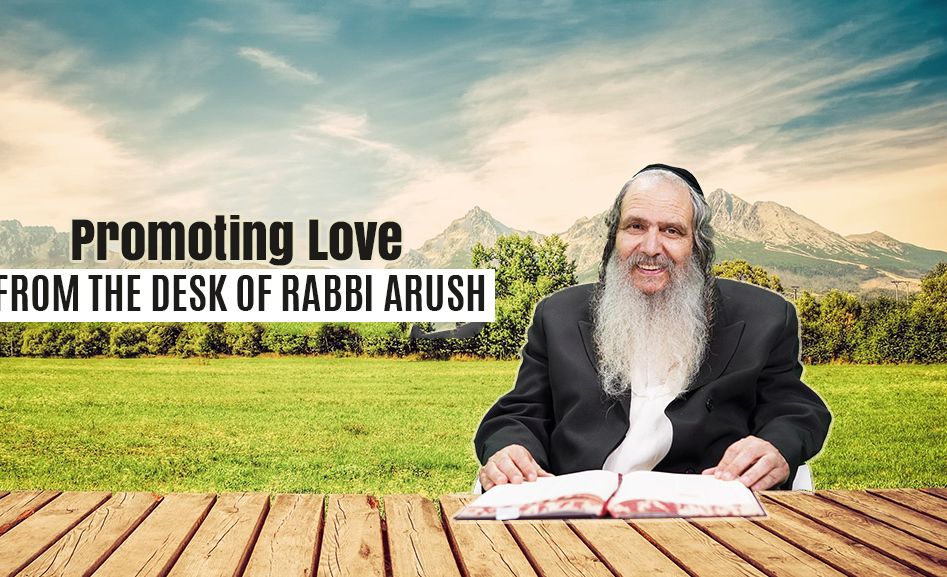
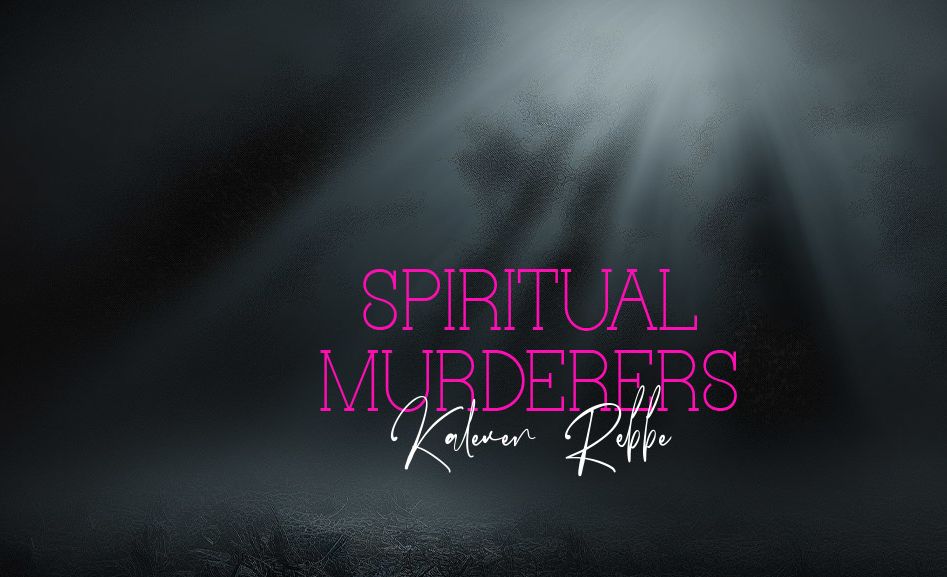
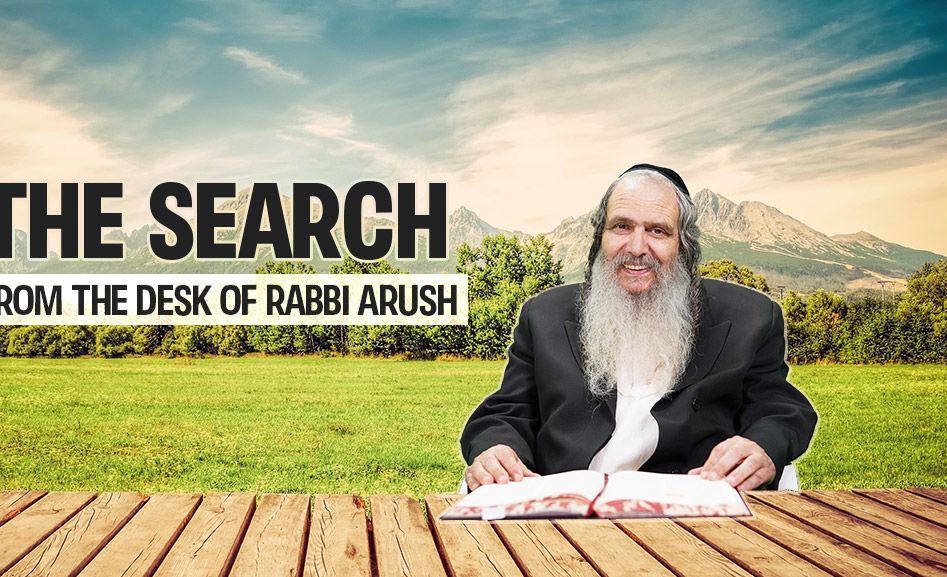
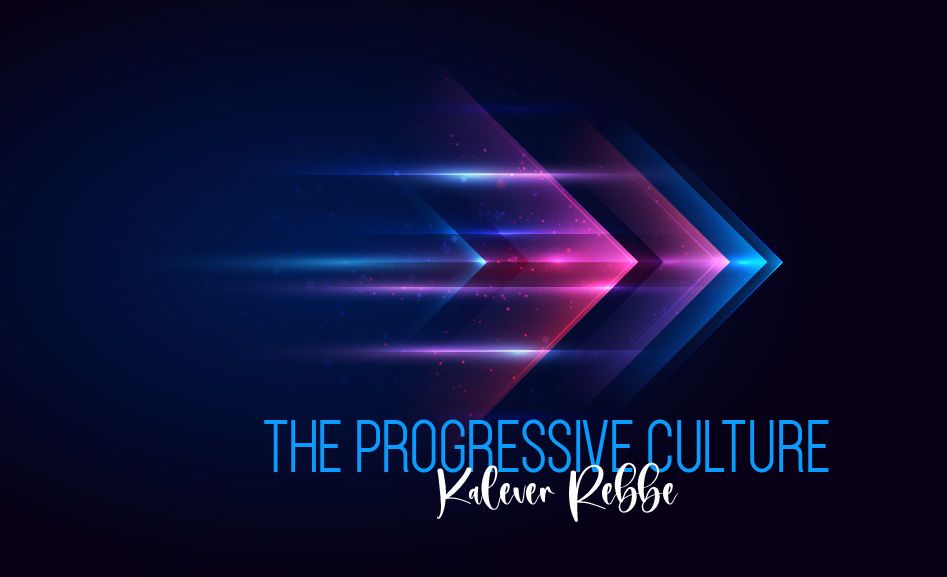
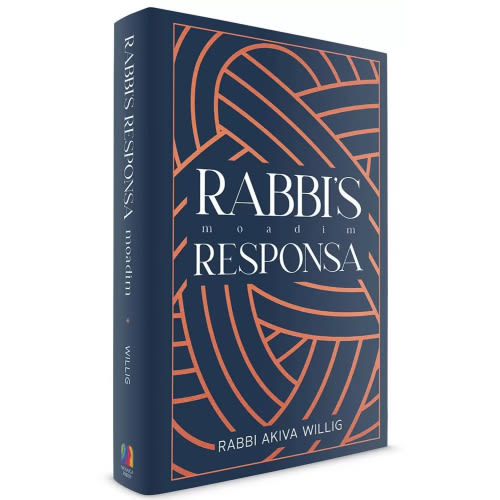
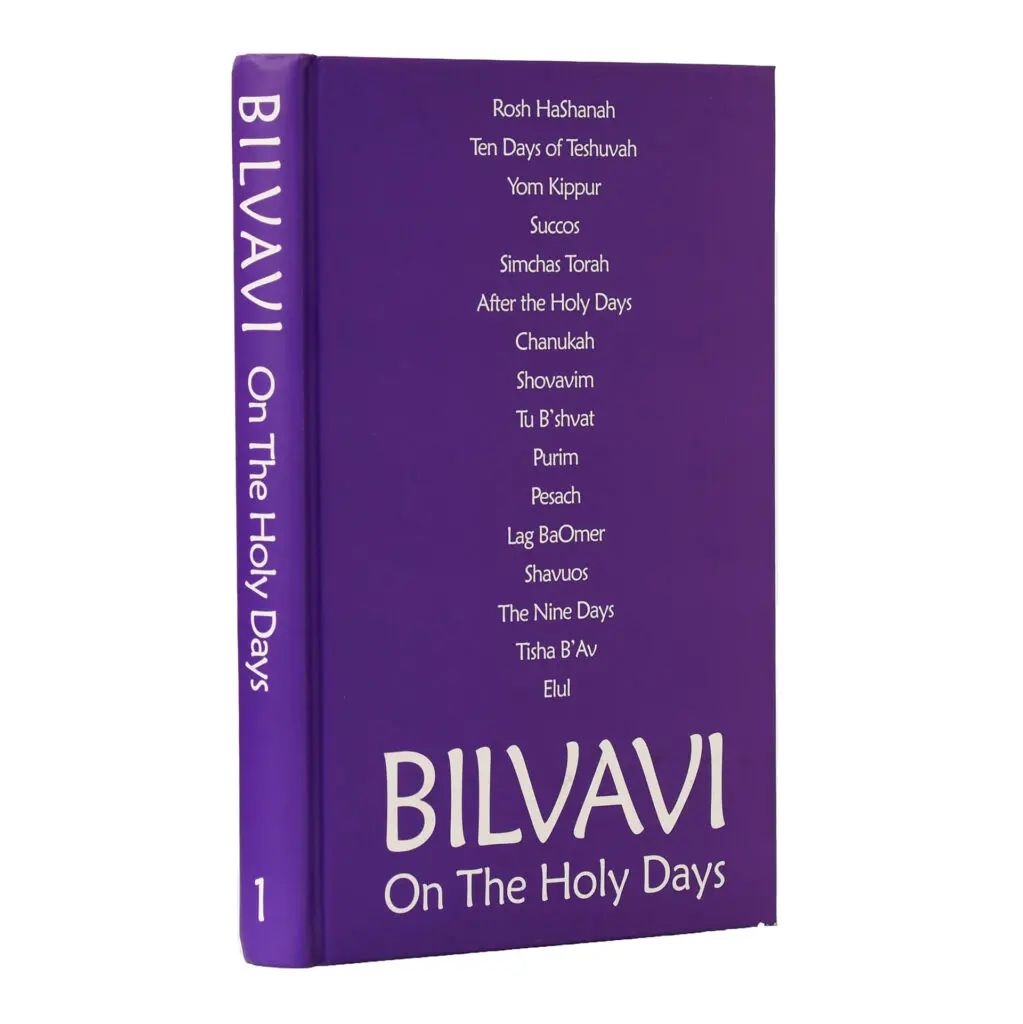

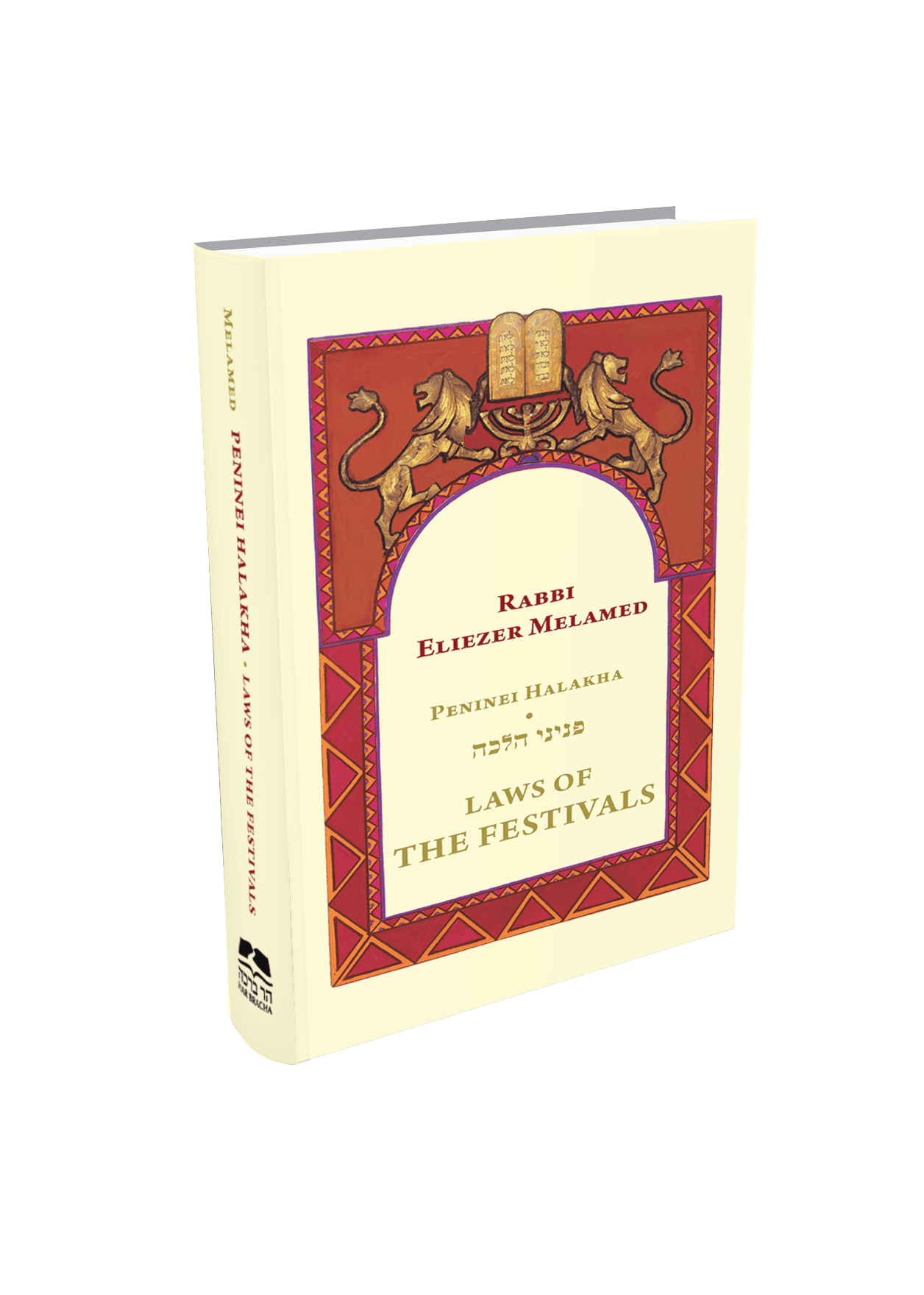

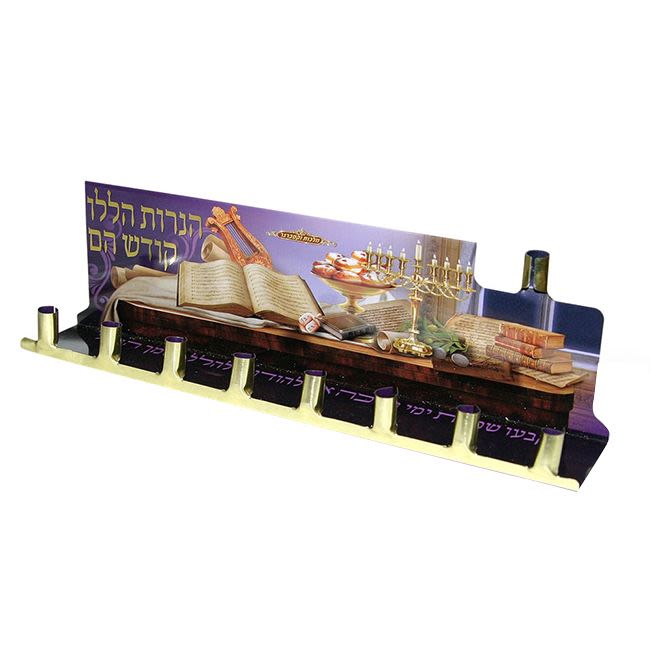
Tell us what you think!
Thank you for your comment!
It will be published after approval by the Editor.